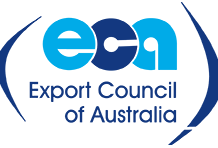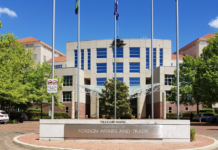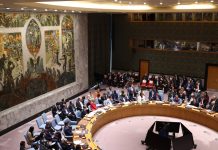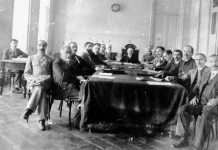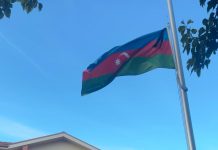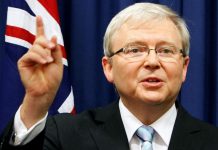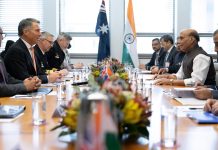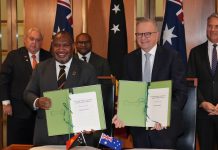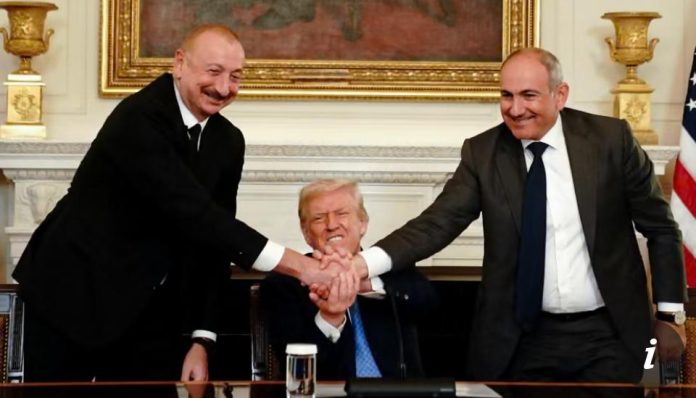In a landmark moment for the South Caucasus, the leaders of Azerbaijan and Armenia came together in Washington, D.C., on August 8, 2025, to sign a historic agreement that could finally bring an end to decades of hostility. Hosted by U.S. President Donald J. Trump, the meeting between Azerbaijani President Ilham Aliyev and Armenian Prime Minister Nikol Pashinyan marked a turning point in a conflict that has shaped—and scarred—the region since the collapse of the Soviet Union.
For over 30 years, the two nations have been locked in a bitter struggle. Multiple ceasefire attempts and mediation efforts—led by Russia, the European Union, and the OSCE’s Minsk Group—had failed to produce a lasting resolution. But the Washington summit, the result of months of behind-the-scenes diplomacy, has now laid the groundwork for a new era of peace with a mutual pledge to pursue a comprehensive and lasting peace.
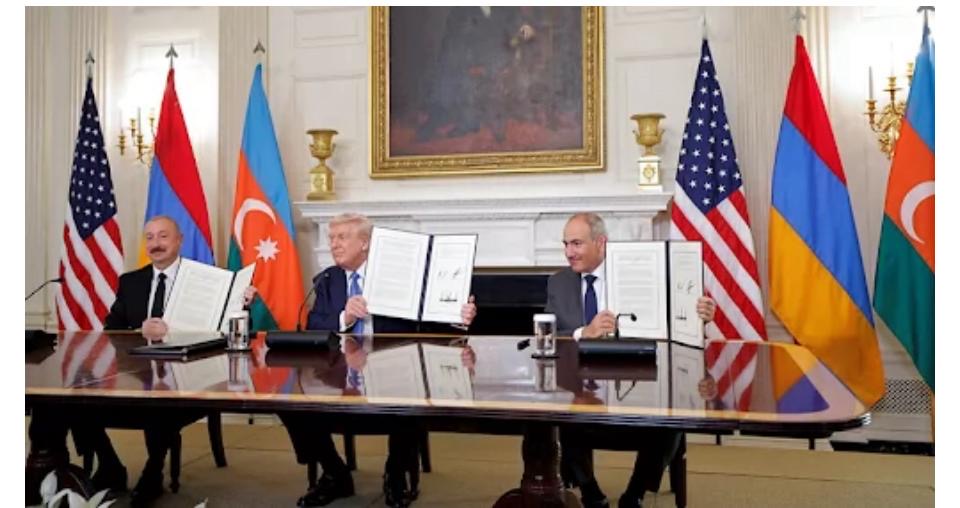
The centerpiece of the meeting was the signing of a Joint Declaration endorsing the Agreement on the Establishment of Peace and Inter-State Relations, which had been negotiated by the two countries’ foreign ministers. The document includes key principles such as mutual recognition of sovereignty, respect for territorial integrity, and a commitment to resolving disputes peacefully—a stark departure from decades of distrust.
In a symbolic move, both leaders also requested the dissolution of the OSCE Minsk Group, the long-standing but increasingly ineffective mediation mechanism. This decision reflects a shared belief that the conflict has evolved beyond the group’s original mandate.
The “Trump Route” and Economic Cooperation
One of the most significant outcomes was the agreement on a strategic transit corridor connecting mainland Azerbaijan to its Nakhchivan exclave through Armenian territory. Dubbed the “Trump Route for International Peace and Prosperity” (TRIPP), the corridor will operate under Armenian law but with long-term development rights granted to the U.S., positioning it as a key artery for Eurasian trade.
The project is seen as a major confidence-building measure, linking economies and fostering interdependence—a strategy that has worked in other post-conflict regions. Alongside this, Azerbaijan and the U.S. agreed to establish a Strategic Working Group to deepen bilateral ties, while SOCAR and ExxonMobil signed a deal to explore new oil and gas ventures, reinforcing Azerbaijan’s role in global energy markets.
The United States’ decision to waive restrictions under Section 907 of the Freedom Support Act added a symbolic dimension to the visit, signaling a shift in the strategic perception of Azerbaijan in Washington. While the agreement has been hailed by both Azerbaijani and Armenian leaderships as a blueprint for stability, it has also drawn critical responses from certain groups, particularly within the Armenian diaspora, who voiced concerns over humanitarian, cultural, and historical issues that they believe require further attention.
From a broader perspective, the Washington summit signifies more than the conclusion of a bilateral accord; it reflects a reconfiguration of the geopolitical landscape of the South Caucasus. The active involvement of the United States underscores its growing engagement in a region historically influenced by other powers, while the agreement itself offers a model for conflict transformation through pragmatic cooperation and shared economic interests. The success of this process will depend on the ability of both sides to translate political commitments into sustainable, verifiable actions and to foster the societal reconciliation necessary for a durable peace.
Australia warmly welcomes Armenia–Azerbaijan Peace Process
Australia has welcomed the announcement of a peace agreement between Armenia and Azerbaijan in Washington on 8 August 2025.
“This “Peace agreement marks an important and encouraging step toward resolving a long-standing conflict in the South Caucasus”, DFAT said in a statement on Tuesday.
Australia also commended President Trump’s role in facilitating this positive breakthrough.
“We urge both parties to honour their commitments and proceed to signing a comprehensive peace agreement as soon as possible:, the statement read.
Australia reaffirmed its support for the sovereignty and territorial integrity of both Armenia and Azerbaijan and urged both sides tp continue dialogue to secure a just and lasting peace.







